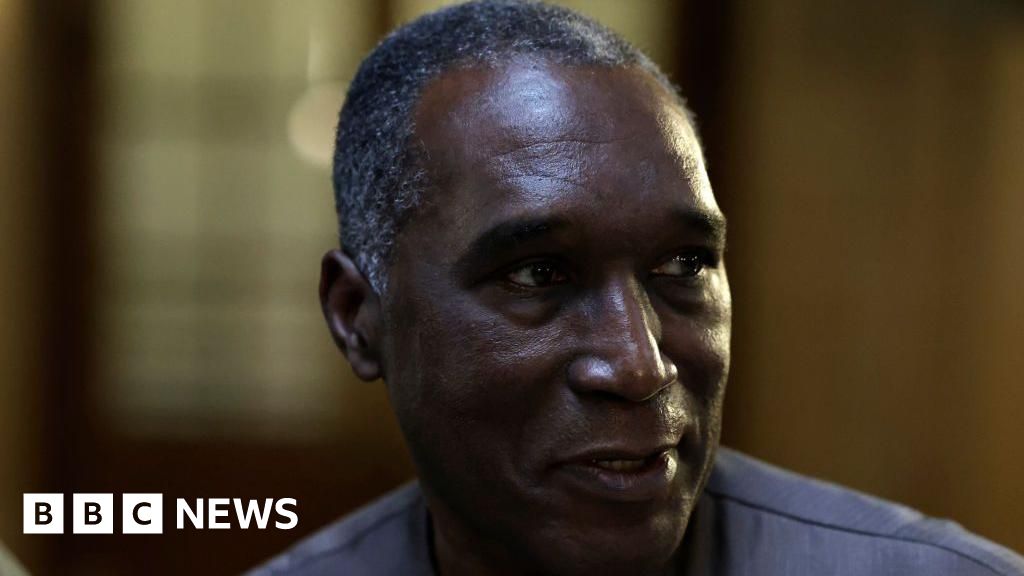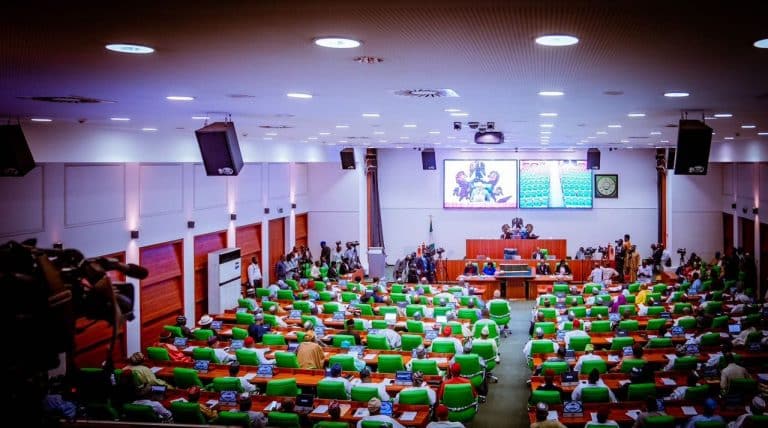Place your adverts here on InfoDig @ low rates; banner ads, sponsored links and guest articles etc. Contact us
Vice President Kashim Shettima has announced that the National Economic Committee (NEC) is working on measures to speed up the decentralisation of the national electricity grid to solve the incessant collapse plunging the nation into total darkness.
Some measures being considered include establishing mini-grids, and solar and renewable energy sources like solar photovoltaic, and wind turbines.
Presiding over the 145th NEC meeting, Senator Shettima said the burden of accountability has compelled the government to never look away from these issues, stressing the urgent need to implement the Nigeria Energy Sector Implementation Plan (NESIP), emphasizing that the energy sector must embrace the potential of renewable energy, as well as leverage solar and mini-grid solutions designed to meet regional electricity demands.
The VP said, “A robust economy is the backbone of every nation. The recent blackouts caused by the actions of vandals remind us of our urgent need to expand our energy infrastructure. I believe the governors here would agree that the decentralisation of electricity is our path forward.
“We will continue to promote the constitutional framework that empowers constituent states within the Nigerian federation to generate, transmit, and distribute electricity in areas covered by the national grid. Together, we can make instability a relic of the past.
“Furthermore, our energy sector must embrace the potential of renewable energy. We must leverage solar and mini-grid solutions tailored to regional needs. I urge the Council to support the implementation of the Nigeria Energy Sector Implementation Plan (NESIP).
“If we capitalise on our diverse regional energy resources—from northern Nigeria’s solar potential to the south’s gas reserves—we can build a resilient, decentralised energy system that drives growth and empowers our communities.”
The Nigerian system operator’s portal revealed that the national grid recorded zero megawatts (MW) by 9:10 a.m. on October 19, marking the third collapse within that week. So far in 2024, the national grid has collapsed eight times, with the first failure recorded on February 4.
Subsequent collapses occurred on March 28, April 15, July 6, and August 5. Nigerians also faced blackouts on October 14 and October 15. On May 1, the Transmission Company of Nigeria (TCN) reported a significant reduction in the frequency of system collapses.
According to TCN spokesperson Ndidi Mbah, grid disturbances have decreased by 76.47 per cent over the last five years.
Commenting on the incident, Power Minister Bayo Adelabu said the Federal Government was overhauling the national grid to reduce the frequency of collapse and improve power supply across the country. He said the national grid was over 50 years old, with weak components, obsolete and dilapidated lines and substations, with old transformers.
Adelabu said most of the towers installed on the system a long time ago were failing due to the effects of weather and climate change, adding that they need continuous maintenance.
The minister said: “This grid requires a lot of money to maintain.
”So, what we have now, we will continue to manage it and prevent frequent disturbances until we are able to overhaul this infrastructure 100 percent. ‘’
Adelabu said the Federal Government was revamping the entire grid structure as various programmes were being put in place to ensure that old infrastructure was replaced.

 3 hours ago
35
3 hours ago
35














